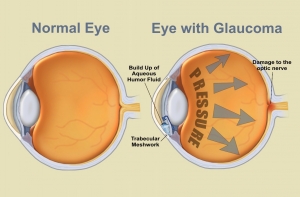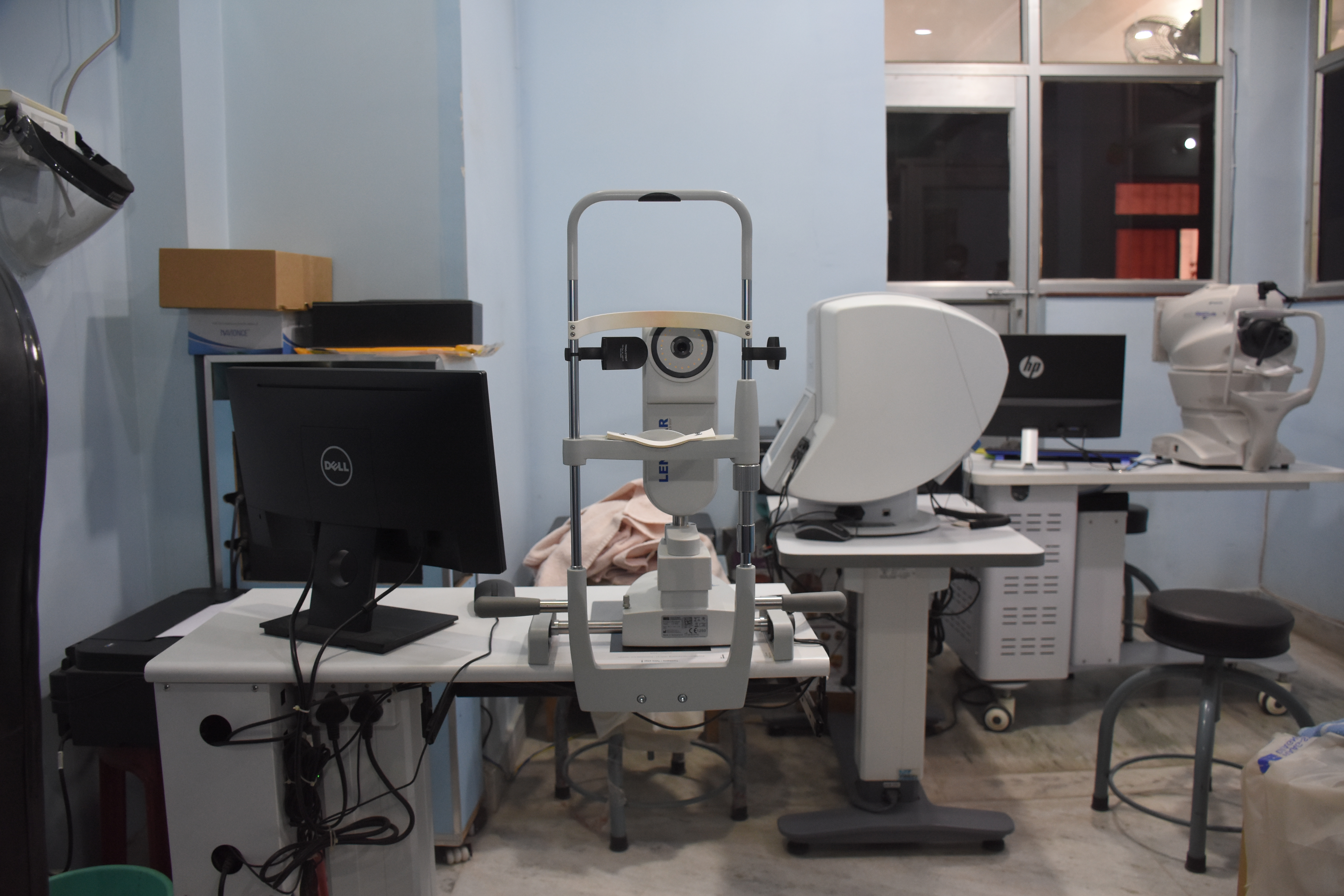
OPD SERVICES
It is known as outpatient department in which we provide the facility of diagnosis and take care of the patients who can not stay overnight. This are especially meant for the outpatients. This department is an integral part for the hospital to run. It also includes in-patient services and physicians and surgeons who take care of inpatients in the ward and are the consultant in the OPD. Before being admitted as an inpatient the examination and treatment takes place in the OPD. The patients who are in-patient and get discharge they also visit to the OPD for follow-up.
Cataract Care Services
The opacification of the normal transparent lens is called cataract. The Latin word ‘cataracta’ means ‘waterfall’. Imagine trying to peer through a sheet of falling water or through a frosted or fogged-up window. Development of Cataract varies from person to person but as a general rule, most cataracts develop slowly over a period of time. A cataract can take months or even years to reach a point where it adversely affects vision.
CAUSES OF CATARACT, AGE-RELATED CATARACT
The cataract occurs as a result of the natural aging process of lens fibres which become opaque over a period of time.
TRAUMATIC CATARACT
METABOLIC CATARACT: DEFECT IN BODY METABOLISM
HISTORY OF CATARACT TREATMENT
The earliest surgery treatment was started in India, by Maharshi Sushruta. It was known as ‘couching’, where the cataractous lens was dislocated backward into the bottom of the eye and out of visual axis. This procedure was performed for more than two thousand years until the mid-eighteenth century. Great progress in cataract surgery has been made in recent years with the introduction of micro-surgical instruments, microscope and modern surgical techniques like phacoemulsification, which has made couching obsolete. In the early stages of cataract development, all that is needed to correct your vision with glasses is a change in prescription. As the cataract develops and begins to affect your lifestyle, it needs to be removed. Cataract surgery, the most commonly performed operation, is safe and effective in 95% patients with enhancement in vision.
GLAUCOMA SERVICES
Glaucoma is a condition where the intra-ocular pressure of the eye is sufficiently high to cause damage to the optic nerve. Blindness from glaucoma is one of the leading causes of blindness, common in adults over the age of forty. It can be prevented if the condition is diagnosed at an early stage.
In a normal eye, a clear transparent fluid called ‘aqueous humor’ is secreted and continuously drained out via microscopic channels inside the eye and then into the blood vessels. If these vessels are blocked due to any reason, the fluid starts accumulating within the eye and pressure starts building up. If this pressure is not controlled, it causes damage to the optic nerve of the eye, leading to blindness.
Glaucoma can be broadly divided into two main categories: “open-angle” and “closed-angle” (or “angle closure”) glaucoma.Open-angle chronic glaucoma is the most common type where the loss of vision is gradual and painless. Usually it is detected when patients come to the eye doctor for a routine eye check up.
SYMPTOMS
- Gradual diminution of vision with blurred or foggy vision.
- Frequent change of eye-glass with no significant improvement in vision.
- Mild chronic headache, scotomas in peripheral visual field.
- Coloured halos around lights.
Corneal Dystrophy
Sed ut perspiciatis unde omnis iste natus error sit voluptatem accusantium doloremque laudantium, totam rem aperiam, eaque ipsa quae ab illo inventore veritatis et quasi architecto beatae vitae dicta sunt explicabo.
- Quasi architecto beatae vitae dicta sunt explicabo
- Nemo enim ipsam voluptatem quia voluptas
- Neque porro quisquam est qui dolorem ipsum quia
- Tempora incidunt ut labore et dolore magnam aliquam
- Ullam corporis suscipit nisi ut aliquid ex ea commodi
Corneal Ulcer
Quis autem vel eum iure reprehenderit qui in ea voluptate velit esse quam nihil molestiae consequatur, vel illum qui dolorem eum fugiat quo voluptas nulla pariatur
Sed ut perspiciatis unde omnis iste natus error sit voluptatem accusantium doloremque laudantium, totam rem aperiam, eaque ipsa quae ab illo inventore veritatis et quasi
Dolorem ipsum quia dolor sit amet, consectetur, adipisci velit, sed quia non numquam eius modi tempora incidunt ut labore et dolore magnam aliquam quaerat voluptatem.
Reprehenderit qui in ea voluptate velit esse quam nihil molestiae consequatur, vel illum qui dolorem eum fugiat quo voluptas nulla pariatur?
For treatment of acute conditions such as chest colds and coughs. It seems to relieve symptoms but also decrease the length of the illness.
Dip into 52 degree water after using the steams or saunas to constrict the blood vessels and increase efficiency of the body’s organs. Great for rejuvenation!
Cosmetic Services
Lorem ipsum dolor sit amet elit, sed do eiusmod tempor incididunt ut quis aute irure dolor in reprehenderit in voluptate velit esse cillum dolore eu fugiat nulla pariatur. Excepteur sint occaecat cupidatat non proident, sunt in culpa qui mollit anim

Our Special
Specialize in curing the most complex conditions related to eyes and guarantee a positive change in your life after the treatment, Clear Eye care services to everyone with affordable expense, which will be matched new technology with high quality products which must exeed market trends.
- LASIK surgery
- PRK surgery
- Eye examination
- vision testing for glasses and contacts Lens
- Cataract & Refractive
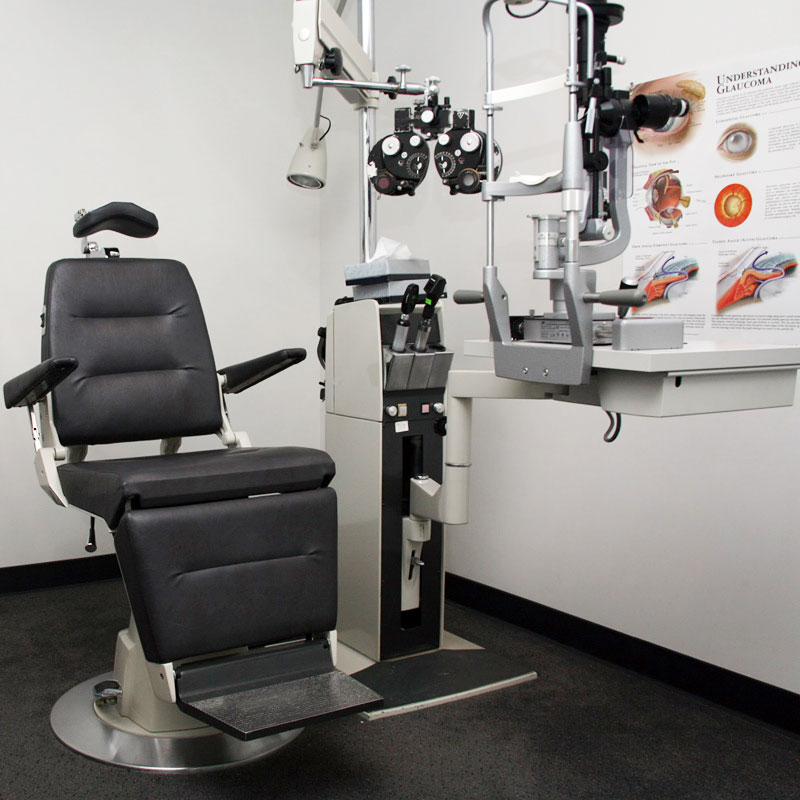
Transplantation
The cornea is the transparent layer of the front surface of the eye. This is the surgical removal of the diseased cornea and the implantation of a healthy donor corneal tissue velit esse cillum.
Duis aute irure dolor in reprehenderit in voluptate velit esse cillum dolore eu fugiat nulla pariatur.
In most instances, the person will meet with their ophthalmologist for an examination in the weeks or months preceding the surgery. During the exam, the ophthalmologist will examine the eye and diagnose the condition.
The doctor will then discuss the condition with the patient, including the different treatment options available.
The cornea is one of the most sensitive tissues of the body, as it is densely innervated with sensory nerve fibres via the ophthalmic division of the trigeminal nerve by way of 70–80 long ciliary nerves and short ciliary nerves. Research suggests the density of pain receptors in the cornea is 300-600 times greater than skin and 20-40 times greater than dental pulp, making any injury to the structure excruciatingly painful
The optical component is concerned with producing a reduced inverted image on the retina. The eye's optical system consists of not only two but four surfaces—two on the cornea, two on the lens.
Rays are refracted toward the midline. Distant rays, due to their parallel nature, converge to a point on the retina.
On 25 August 2010 investigators from Canada and Sweden reported results from the first 10 people in the world treated with the biosynthetic corneas. Two years after having the corneas implanted, six of the 10 patients had improved vision.
Nine of the 10 experienced cell and nerve regeneration, meaning that corneal cells and nerves grew into the implant.
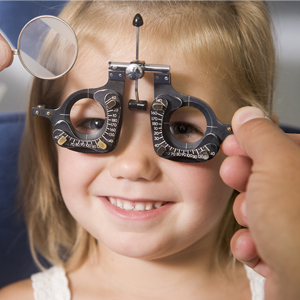
Contact Lenses
If there is a specific designer frame that you are looking for, please call and speak to one of our frame experts, who will be more than happy to assist you.We are proud to offer a below eyeglass lenses
- Polycarbonate lenses
- Bifocal & Trifocal lenses
- Trivex lenses
- High index plastic lenses
- Aspheric lenses
- Photochromic lenses
- Polarized sunglasses
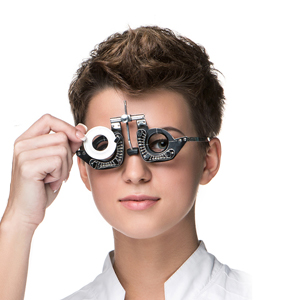
Refractive Services
Refractive eye surgery is any eye surgery used to improve the refractive state of the eye and decrease or eliminate dependency on glasses or contact lenses. Successful refractive eye surgery can reduce or cure common vision disorders such as
- Myopia
- Hyperopia
- Astigmatism
- Keratoconus
- Intrastromal corneal ring segments
- Presbyopia correction
Glaucoma
Glaucoma is a group of eye diseases which result in damage to the optic nerve and vision loss.[1] The most common type is open-angle glaucoma with less common types including closed-angle glaucoma and normal-tension glaucoma.
Open-angle glaucoma develops slowly over time and there is no pain. Side vision may begin to decrease followed by central vision resulting in blindness if not treated. Closed-angle glaucoma can present gradually or suddenly. The sudden presentation may involve severe eye pain, blurred vision, mid-dilated pupil, redness of the eye, and nausea. Vision loss from glaucoma, once it has occurred, is permanent.
Various refractive eye surgery techniques change the shape of the cornea in order to reduce the need for corrective lenses or otherwise improve the refractive state of the eye.
In many of the techniques used today, reshaping of the cornea is performed by photoablation using the excimer laser.
Orthokeratology is a method using specialized hard or rigid gas-permeable contact lenses to transiently reshape the cornea in order to improve the refractive state of the eye or reduce the need for eyeglasses and contact lenses.
Upon death or removal of an eye the cornea absorbs the aqueous humor, thickens, and becomes hazy. Transparency can be restored by putting it in a warm, well-ventilated chamber at 31 °C (88 °F, the normal temperature), allowing the fluid to leave the cornea and become transparent.
Transitions lenses are photochromic lenses that are clear until dangerous ultraviolet radiation (UV) is present. Once outdoors, the brighter the sun, the darker Transitions lenses become. They turn as dark as sunglasses by automatically reacting to the intensity of UV radiation.
